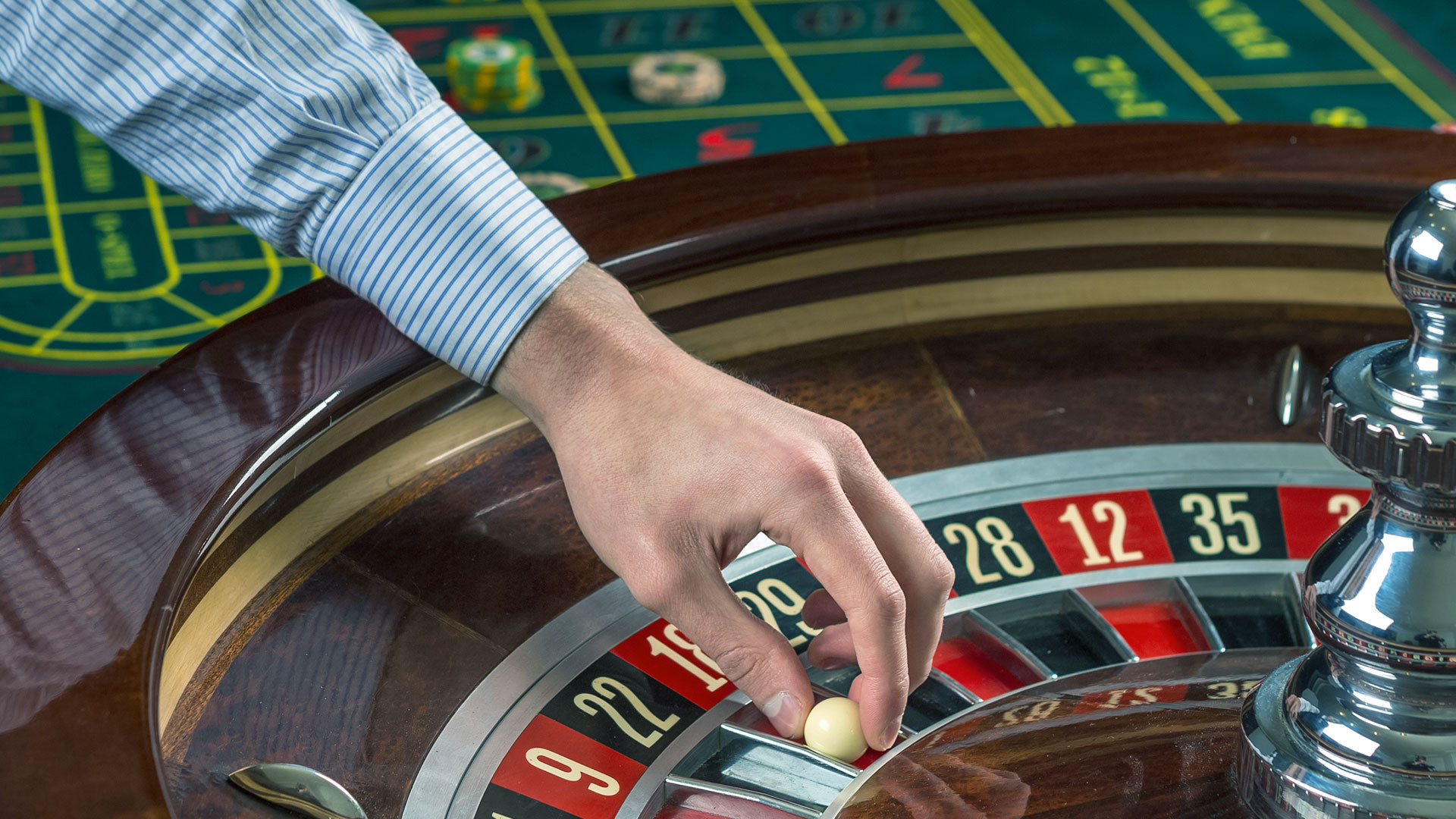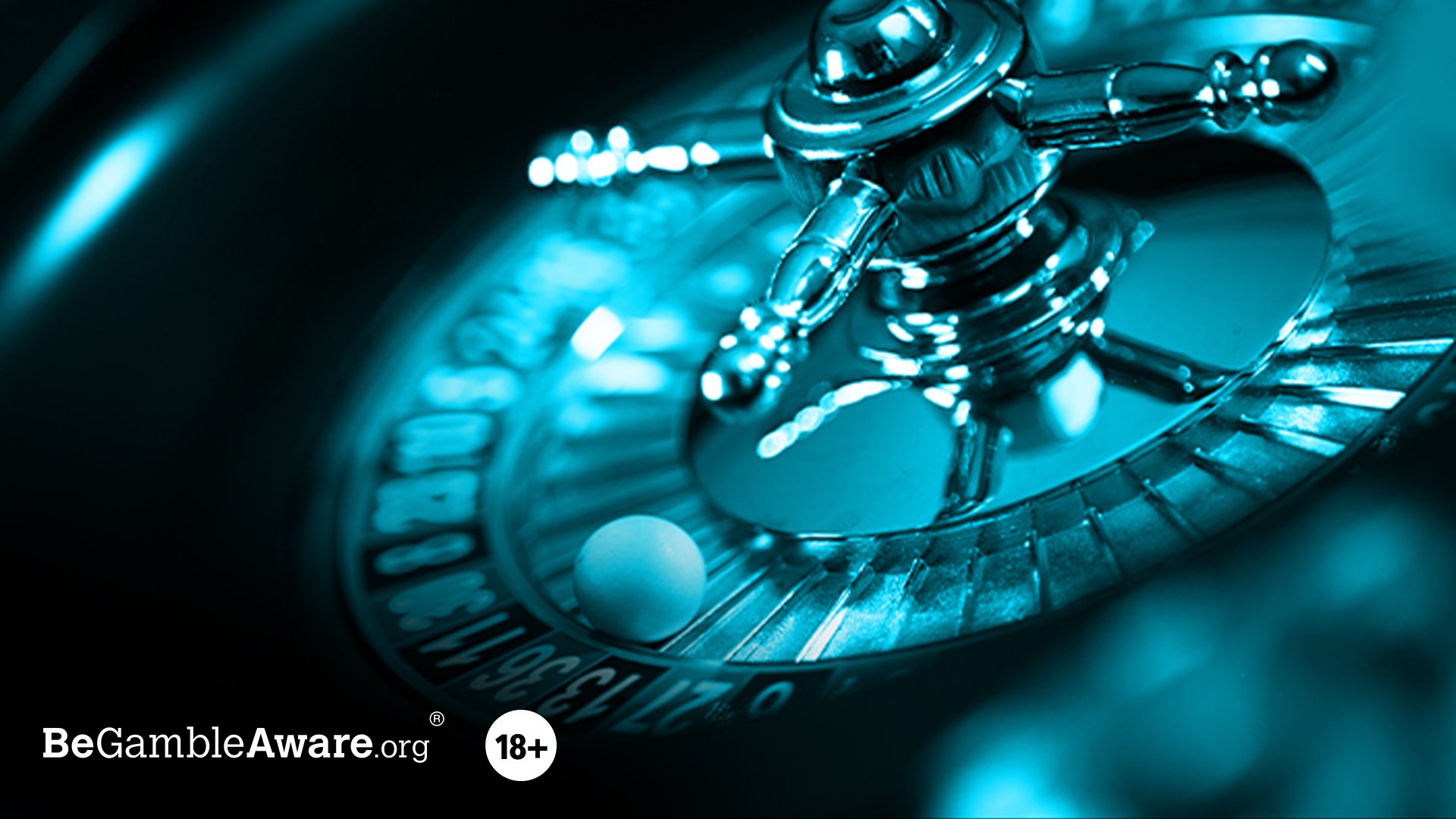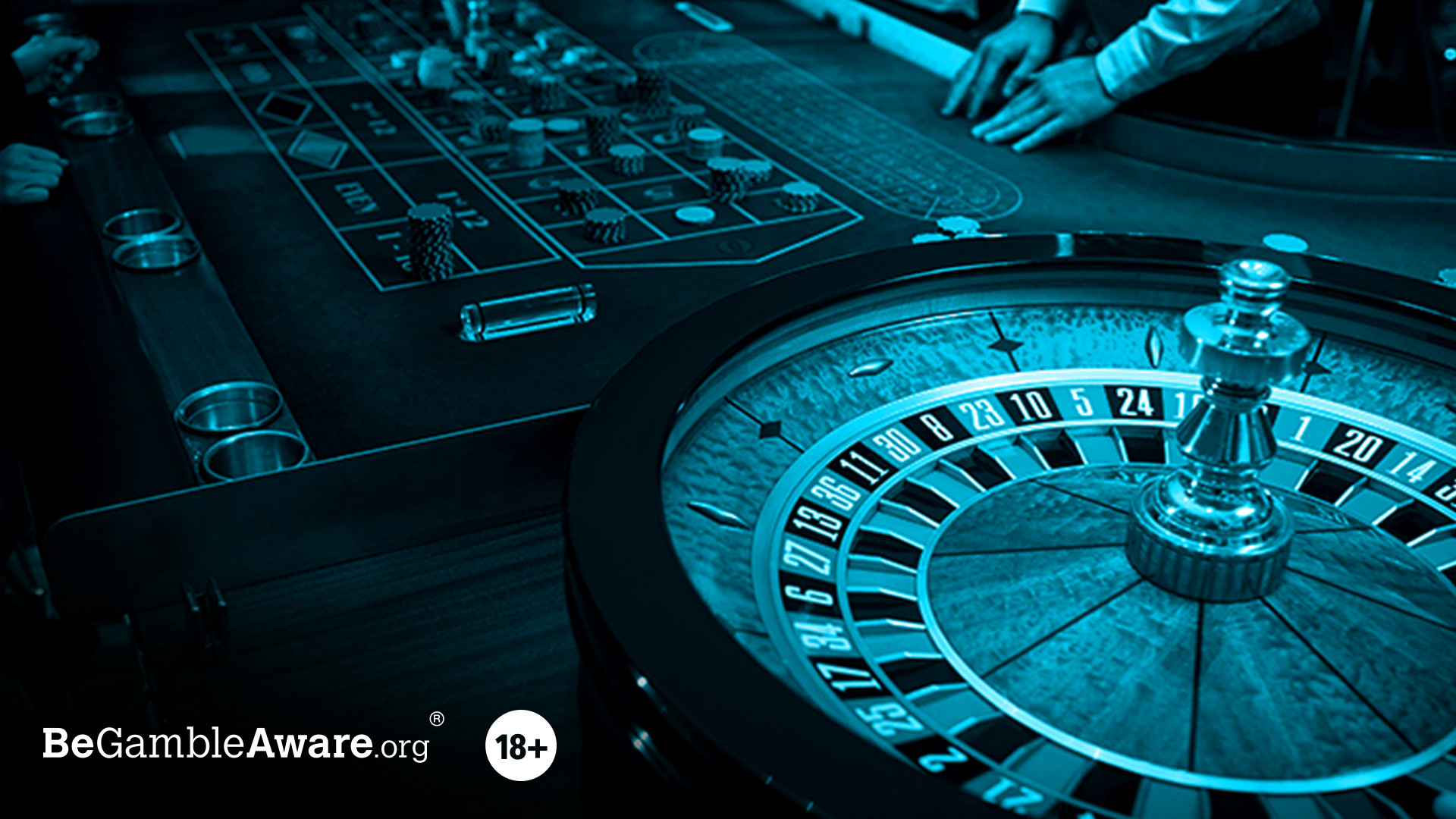
Hot and cold numbers in roulette - do they matter?
The discussion about hot and cold numbers in roulette is a common thread on many forums when roulette myths are debated. Players are always on the lookout for a new approach to their gameplay and this is particularly prevalent in roulette when it comes to selecting numbers.
Some players are convinced that there are hot numbers in roulette that are more likely to hit when the wheel spins. Others are unwitting victims of the ‘Gambler’s Fallacy’, where betting decisions are based on what has occurred in previous rounds, such as certain numbers being the ones to bet on as they haven’t appeared for a longer period of time (cold numbers).
However, due to roulette randomness, these theories of hot and cold numbers are unfortunate roulette myths. Roulette is a game of pure chance where every number on the wheel has the same probability as any other in landing a successful spin. This guide examines hot and cold numbers in roulette and why the approach is somewhat flawed.
What are hot numbers in roulette?
Players looking for a new approach often rely on patterns to predict future odds, but this can prove baseless when playing games of chance such as roulette. When considering hot numbers in roulette, players will look for those numbers that have appeared frequently in recent spins.
For example, in a series of 100 spins, each number has a 1 in 37 or 38 chance (European or American version) of hitting, which averages out at two to three appearances. However, due to roulette randomness, this just isn’t feasible, and numbers are certain to hit more than, say, three times.
Those that hit five or six times could be considered ‘hot’ and may well be firm favourites for players using the hot and cold numbers approach. However, this is not an identifiable pattern as numbers are generated at random through the use of a random number generator (RNG).
What are cold numbers in roulette?
As with hot numbers, cold ones can also prove popular with players because they may not have appeared very often in the previous 100 spins. Some players will believe that the cold numbers are ‘more than overdue to appear’ and will bet heavily on this theory.
However, the odds for spinning cold numbers are exactly the same as those for hot numbers. Regardless of whether they can be considered hot or cold, all numbers have an equal chance of hitting 1 in 37 (European roulette) or 1 in 38 (American roulette) times.
Why hot and cold numbers are a myth
Irrespective of a number’s history, the probability of any number hitting in roulette is based purely on random chance. Just because it hasn’t appeared in the last 100 spins, for example, does not mean that its appearance is imminent.
We need to return to roulette randomness to disprove the theory behind hot and cold numbers. In the game of roulette, each spin is completely independent of past and future spins. Every roulette spin has exactly the same odds; no previous event influences a future one.
The European roulette wheel has 37 numbers, and the American version has 38 due to its double zero. Every spin is an independent event offering the same odds: 1 in 37 or 1 in 38 regardless of the last 100 or 1,000 spin outcomes.
Understanding the gambler’s fallacy in roulette
Some players fall foul to the gambler’s fallacy in roulette where it’s believed that future bets are influenced by past outcomes. This fallacy leads to betting strategies that are heavily reliant on hot or cold numbers in roulette, with players studying the patterns of previous numbers to determine their next bet.
It seems perfectly logical to presume that red is more likely to hit if black has landed on the last 15 out of 16 roulette spins, right? Wrong. If you’re thinking this way, you’ve fallen under the spell of the gambler’s fallacy and it’s time to change. The next spin is just as likely to hit on black as it is red due to roulette randomness and equal odds (50% chance) of landing either red or black.
The role of randomness in roulette: understanding the odds
Each spin in roulette is an independent event, and all outcomes are randomly generated by an RNG. No spin can influence or be influenced by past or future events.
To help explain roulette randomness, let’s look at coin tossing. Each coin toss has two possible outcomes – heads or tails – of equal probability (50% chance). Even if you were to flip the coin and get 33 heads in a row, it doesn’t mean that the 34th toss will land on tails. It could also land on heads once more as the probability is still 50% on each individual toss.
This is the same for roulette. The probabilities are 1 in 37 or 1 in 38 dependent on the version you play, and this is why patterns such as hot and cold numbers in roulette are a myth.
Why betting on hot or cold numbers is a risky strategy
Betting on hot or cold numbers in roulette is a risky strategy as it is based on a false perception of patterns and previous outcomes. Every spin is independent and there is no such thing as ‘overdue numbers’ when comparing hot numbers in roulette to cold. Players can set themselves up for failure by relying on these flawed strategies.
What are the best strategies for playing roulette?
There are numerous betting strategies that players may consider when playing roulette, including the popular martingale system, where you must double the bet following each loss, or the unique James Bond strategy, which uses a flat betting system with three bet options.
However, no strategy is foolproof, and no system can guarantee a win. Also, we must remember that roulette is a game of chance, and while strategies may help to manage your bankroll or add structure to your gameplay, they have no influence over your odds of winning.
Advanced strategies are a complex topic, but we have in-depth guides for those who wish to learn more. The best strategies that we recommend for playing roulette include knowing the house edge (2.70% for European roulette and 5.26% for American roulette), understanding the odds (1 in 37 or 38 chance of hitting your chosen number), and managing your bets in line with your bankroll.
We cannot stress enough that roulette is a game of chance – there is no skill or basic strategy to learn. The roulette wheel spins independently every time, resulting in a randomly generated outcome. You cannot rely on patterns or previous outcomes, and you should only ever gamble with what you can afford.
So, do hot and cold numbers really matter in roulette?
In a word, no! When we get down to basics, we find that roulette is a game based on pure luck. The outcome is randomly generated, and as every spin is independent of each other, no previous outcome can influence a future result. It doesn’t matter if a number is hot or cold – the chances of it hitting are equal to every other number.
If you're looking to try your hand at this game, take a look at our selection of roulette games.

